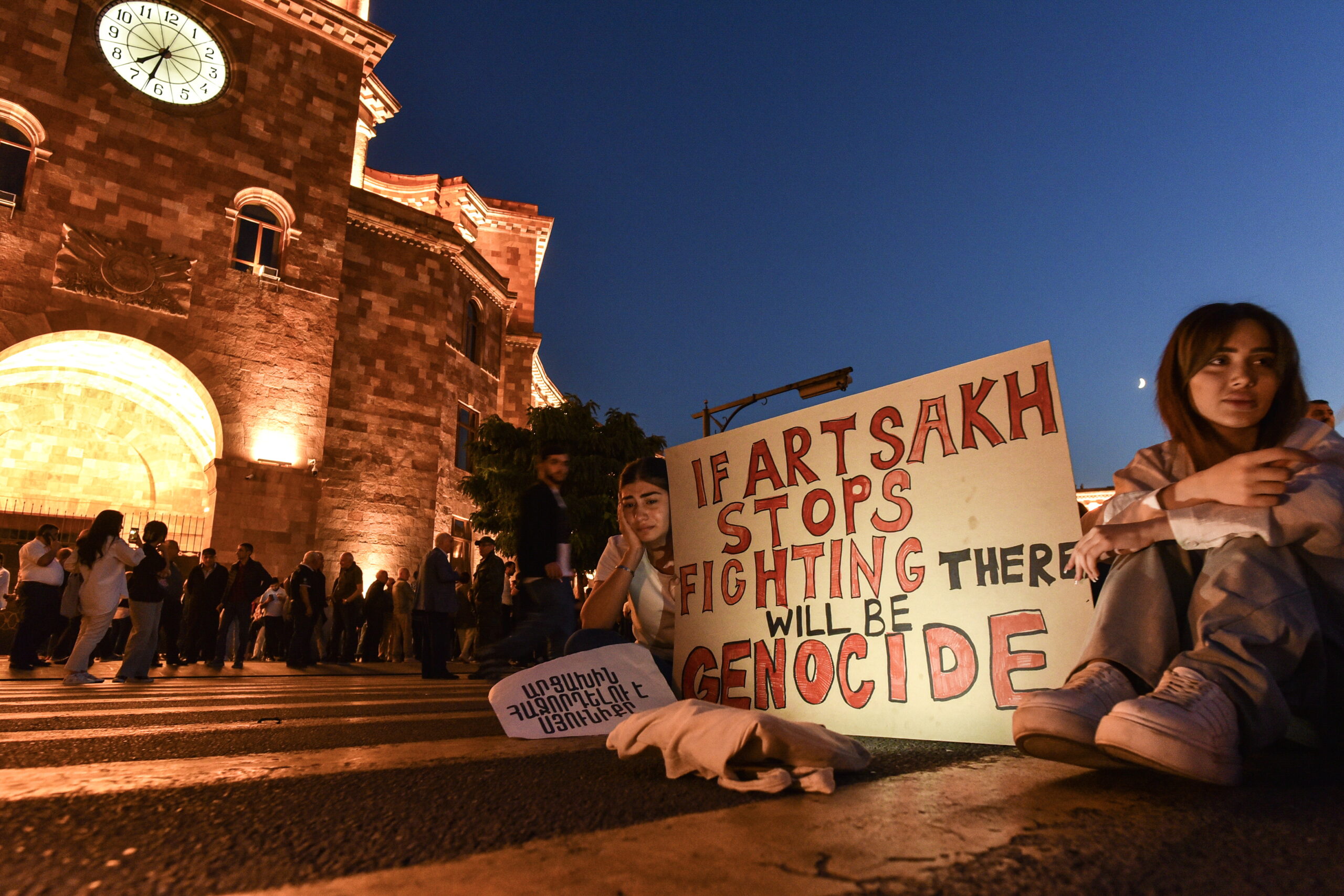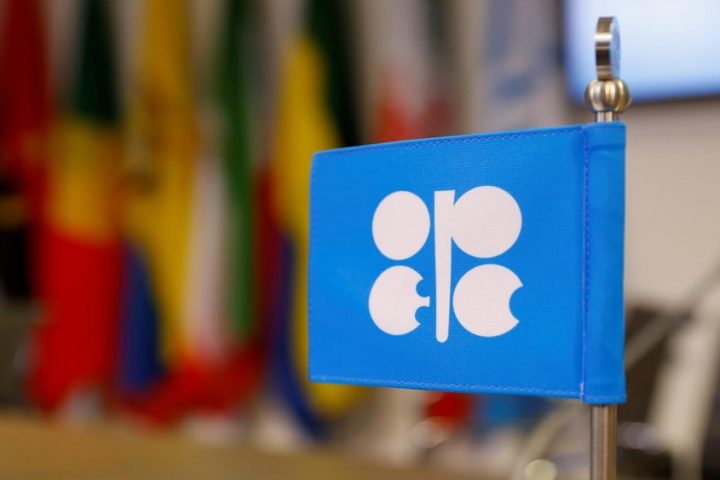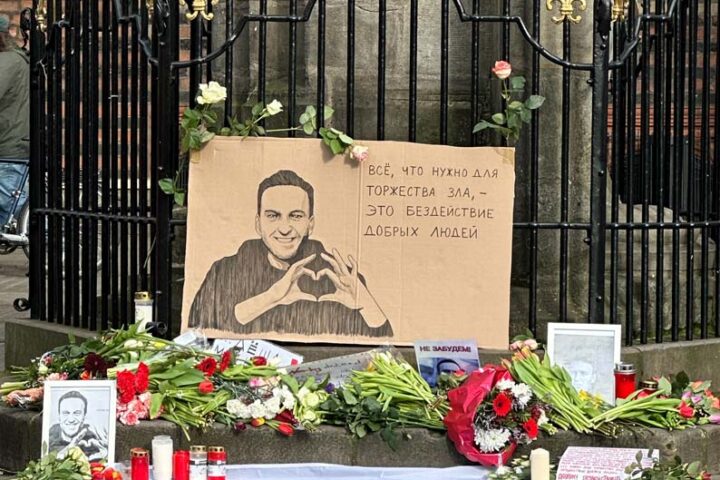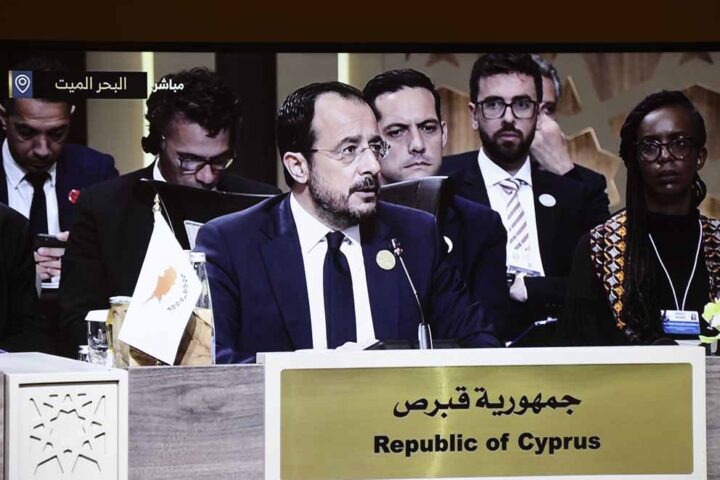During the past three decades, Armenia struggled to convince the world that the ethnic enclave of Nagorno-Karabagh was an integral part of the Armenian nation, connected to the motherland with a fragile umbilical cord, and it should be afforded sovereignty to ensure the territorial integrity of the historical lands of Artsakh.
In the wake of the deadly 1988 earthquake and the subsequent collapse of the Soviet Union, the Karabagh movement gained new momentum, and the campaign to unite the mountainous region to the Republic of Armenia evolved into a desire for independence.
The ensuing war with Azerbaijan lasted several years, and after the sacrifice of several thousand lives, fenced off the area, providing the local Christian population with a sense of security away from the Baku pogroms that politicians have conveniently forgotten about recently.
Throughout this time, Russia played a sneaky role of double standards – it appeared as the lead mediator in the five-nation diplomatic initiative called the Minsk group “to encourage a peaceful, negotiated resolution to the conflict between Azerbaijan and Armenia over Nagorno-Karabakh”.
In effect, it did nothing to improve the situation and ensure peace.
Moscow wanted to secure the Caspian supply of natural gas and a calm southern front in the Caucasus region, having been at war briefly, to punish Georgia for attempting to break away from the former Soviet influence and turning to the NATO sphere.
The alliance with Chechnya grew into an inseparable reliance that resulted in paramilitary forces fighting on the side of Russian troops in the invasion of Ukraine.
Meanwhile, Russia continued its penetration of the Armenian economy, cheaply picking up nationalised businesses and infrastructure, thanks to successive corrupt regimes that ruled in Yerevan, making Moscow’s influence almost irreplaceable.
This is where the Armenian people, with few natural resources to export and surrounded by hostile nations, were duped into thinking that Russia would always stand by their side, ensuring the survival of Nagorno-Karabagh.
Until the Azeris, having gradually built up a strong army with the assistance of Turkey and support from Israel (all three allies on the side of Ukraine, or so it seems), launched a 44-day war in 2020, capturing large swathes of Karabagh land, destroying everything.
This was not enough, and seeing that Moscow was too busy restoring its armed forces in the war with Ukraine and that its peacekeepers would not stop any Azeri military action, Baku deployed its latest onslaught this week, aimed at ethnic cleansing, having imposed a ban on humanitarian aid and supplies.
All under the passive watch of Russian peacekeepers and with the world’s focus on Ukraine.
Armenia does not have powerful military allies despite empty promises from Russia or the West.
Even regional neighbours and those in the Balkans who are cautious of Turkey’s expansionist plans are hesitant to alter the balance to the detriment of Azerbaijan, which appears as the saviour of Western Europe because it supplies natural gas, replacing the pipelines from Russia.
The conflict in Armenia and Nagorno-Karabagh continues the proxy wars we have seen in Syria, growing to an all-out military escalation in Ukraine, on Europe’s doorstep.
Apart from the Russia vs. US-NATO encounter, with China and India sitting on the fence, Turkey sees itself as hegemonic in the once glorious Ottoman sphere of influence.
Azerbaijan is enjoying Ankara’s patronage, and seeing as the EU and the US are helpless to take charge in the region, smaller states, including Cyprus, should take heed of Turkey’s actions, including constant harassment in the eastern Mediterranean and the Aegean, and meddling in regional affairs.










